Are you freelancing or thinking about working from home, then it is imperative that you start thinking about ways to outfit your home office. Form and function are just a couple of things to consider when choosing equipment for your office. The office equipment you choose needs to also fit into other criteria such as: ergonomics, affordability, durability and coolness too!
When asked, “What is the most important piece of equipment to be able to work from home?” most frequently the answer is a computer. Though working without a computer is like a car without an engine, you don’t necessarily have to have the latest technology. Because if buying the latest of what technology has to offer is on the top of your list then it’s like fighting an endless battle. The moment you buy new equipment there is another one in the market with upgraded features. So, try to think beyond that.
My home office is very simple & minimalist with a laptop, my cell phone, and a combo printer/copier/scanner/fax. The combo works for me because I have a backup plan in case any one of the functions ever gives up. The cell phone is sufficient for my work because all my calls get forwarded to it and when I need to make calls, I use my computer instead of my cell phone. Unlike corporations, I had a limited budget when I started my business & did everything to maximize it by thinking multi-purpose and efficiency.
With iPads, iPhones and other cool gadgets grabbing our attention every day, it is hard to think clearly sometimes. To make matters simple, here are 10 questions to ask yourself before buying equipment for your home office:
1) What is the primary reason for buying this equipment?
2) How will this purchase affect my efficiency, and productivity? Will it save me time and stress?
3) Can I afford it? Or can I afford not to have the equipment? Is it important to my clients that I have it?
4) Is there a cheaper alternative to accomplishing the work?
5) Do I have enough physical space to accommodate the equipment?
6) Would it be more economical or cost-effective to lease the equipment?
7) Can I get my work without this piece of equipment?
8) Does the speed of the equipment matter? Or can I afford to buy an older model to save money and get the work done?
9) Can I teach myself to use the equipment? Or would I need someone’s help?
10) Are there any additional costs to purchasing the equipment (like, warranties, maintenance contract, or training services)?
Now that you’ve a good enough idea to help outfit your office with the right equipment, it’s time to get down to business, call clients and bring in the bacon.
Tanha Patel is a Productivity Specialist, author of Productive Workplace blog and founder of Prorg, LLC that helps business increase their productivity and get a handle on their time, space and information in order to have less down time and more client time. Join her conversation at Facebook. Follow her on Twitter or visit her website www.prorg-solutions.com




0 Comments